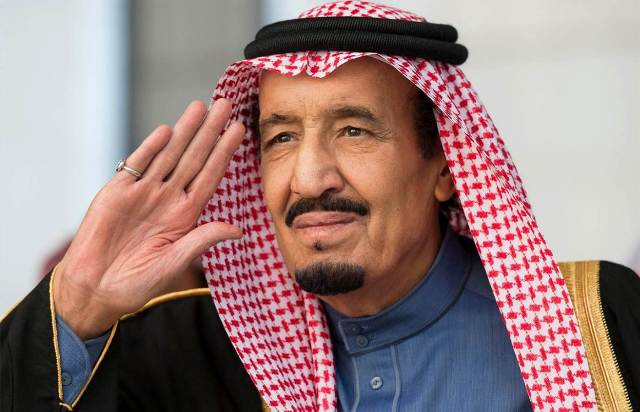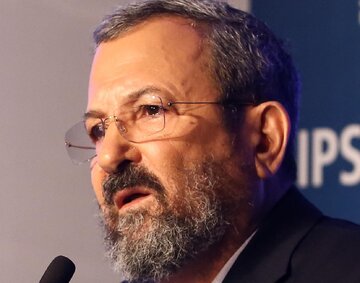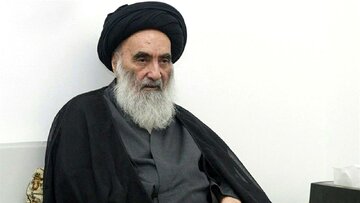Saudi Arabia has been leading a brutal military campaign against Yemen since March 2015. The kingdom has also imposed an aerial and naval blockade on its southern neighbor. Some two thirds of the population or 18.8 million people are in need of assistance, according to the latest UN figures. We talked to Kim Sharif, director of Human Rights for Yemen, as well as Jihad Mouracadeh, political analyst, to discuss the humanitarian crisis in Yemen.
“The international community with the greatest respect is nothing but a bunch of hypocrites. This in history will be studied as a time of the age of hypocrisy because that is was it is. Everyone is being silenced with [Saudi] petrodollars,” she said.
She also noted there is a “grotesque abuse” of UN resolutions in order to subject the Yemenis to the will of the world’s most brutal dictators.
The analyst also criticized the countries that are selling weapons to Saudi Arabia, asserting that “they do not care how many millions of Yemenis die.”
Sharif further stated that militias loyal to resigned president Abd Rabbuh Mansur Hadi are terrorist outfits such as AQAP and Daesh who have been committing “untold amount of horrific crimes” in Yemen.
She also emphasized there needs to be an “international independent investigation” in order to verify who is responsible for the crisis in Yemen, adding that to start with, the Saudis’ “illegal bombardment” should be stopped.
Elsewhere in her remarks, Sharif dismissed the United Nations Security Council Resolution 2216 as “invalid,” given the fact that Russia has abstained.
She went on to say even if the resolution was valid, the way it has been executed is “grotesquely criminal” given the crimes against humanity, war crimes and genocide in Yemen.
The analyst concluded by saying that the rule of law and democracy must prevail in Yemen, arguing that the recent demonstrations in the war-torn Arab country prove that the Yemenis support the government of Sana’a.
Meanwhile, Jihad Mouracadeh, the other panelist on the program, blamed the humanitarian crisis in Yemen on the Houthi Ansarullah fighters and those who support them.
The analyst also noted that, in the eyes of the international community, the government of Hadi based in Aden is “legitimate, not the one in Sana’a.”
Therefore, he said, in order to stop the crisis in Yemen, the Houthis must accept to withdraw from Sana’a in accordance with the UN Resolution 2216.
/106





